Keynote speech #2
Neave O'Clery
(CASA, University College London)
The role of modular structure in network-based modelling of industry agglomeration and growth patterns
15:00
16:00
Session C1 Structural Change and Development
Chair: Marco Valente
(University of L'Aquila)
Jan Schulz & Daniel Mayerhoffer (University of Bamberg)
Innovation of Incumbents and Entrants in Localized Competition. An Agent-Based Model
Discussant: Magda Fontana
(University of Turin)
Bernardo Caldarola (University of Sussex - SPRU)
Structural change(s) in Ghana: multidimensional transformation and industrial connectedness
Discussant: Marco Valente
(University of L'Aquila)
16:00
16:30
Coffee break
16:30
17:30
Session C2 Structural Change and Development
Chair: Neave O'Clery
(University College London)
Luca Fontanelli (University Cote d'Azur)
International trade and technological competition in market with dynamic increasing returns
Discussant: Marco Valente
(University of L'Aquila)
Federico Riccio (Sant'Anna School of Advanced Studies)
Varieties of Deindustrialization: the Role of Technology and Global Value Chains
Discussant: Tommaso Ciarli
(University of Sussex - SPRU)
17:30
18:15
Session D1 Firm dynamics and Regional Innovation Strategies
Chair: Silvia Rocchetta
(Dublin City University)
Matteo Tranchero (UC Berkeley - Haas School of Business)
The Third “E”: Exploration, Exploitation and Experimentation in Organizational Learning
(short presentation)
Alessandro Lucini Paioni (University of Bath)
Innovative behaviours and firms’ exit routes during the crisis
Discussant: Alessandra Colombelli
(Polytechnic University of Turin)
20:00
22:00
Social dinner
Aldente restaurant
January Thursday 9
09:00
09:30
Welcome coffee
09:30
10:30
Keynote speech #3
Tommaso Ciarli
(SPRU, University of Sussex)
Green Transition and Structural Change
10:30
11:00
Coffee break
11:00
11:45
Session D2 Firm dynamics and Regional Innovation Strategies
Chair: Alessandra Scandura
(University of Turin)
Georgios Tsiachtsiras (University of Barcelona)
Who has really access? Railroads, Global Cities and Innovation in 19th Century France
Discussant: Francesco Quatraro
(University of Turin)
Joar Kvamsas (University of Oslo) Measuring
the innovation impact of firms' position in R&D networks
(short presentation)
12:00
13:00
Session A2 Technological trajectories and knowledge diffusion
Chair: Stefano Breschi
(Bocconi University)
Benjamin Buettner (Eindhoven University of Technology)
Patents and knowledge diffusion: The impact of Machine Translation
Discussant: Alessandra Scandura
(University of Turin)
Anton Pichler (University of Oxford)
Predicting innovation dynamics in the technological ecosystem
Discussant: Stefano Breschi
(Bocconi University)
13:00
14:00
Lunch
14:00
15:00
Session E1 Energy Policy
Chair: Tommaso Ciarli
(University of Sussex - SPRU)
Valeria Fanghella (University of Trento)
Can in-home displays help fight energy poverty?
Discussant: Pierluigi Conzo
(University of Turin)
Silvia Tomasi (Eurac Reserach & Free University of Bolzano)
Are energy policies failing to boost the energy transition?
Insights from the case of the Spanish‘tax on the sun’ and its impact on the uptake of prosumers,
using a synthetic control approach
(short presentation)
Jordi Planelles-Cortes(University of Paris-Saclay & University of Barcelona)
Energy Policies and R&D Spillovers in Complex Economic Structures
(short presentation)
15:00
15:30
Coffee break
15:30
16:15
Session E2 Energy Policy
Chair: Tommaso Ciarli
(University of Sussex - SPRU)
Ze He (University of Chinese Academy of Sciences & Utrecht University)
Paradox of Diversification: Attack Robustness Simulation of Global Energy Trade Network
(short presentation)
Saverio Barabuffi (University of Roma Tre)
Policy Mix for Sustainable Transition
(short presentation)
Shyaam Ramkumar (University of Milan)
Diffusion of Circular Economy Eco-Innovation of B2B Startups through Inter-Firm Networks
(short presentation)
16:15
16:30
Closing remarks and farewell
18:30
22:00
Turin Sightseeing and Aperitivo
Open participation activity
Organizing committee
| Giulia Chersoni |
University of Turin & Eurac Research |
| Daniel Fernando De Souza |
University of Turin |
| Guido Pialli |
University of Turin |
| Eleonora Priori |
University of Turin |
Scientific committee
| Cristiano Antonelli |
University of Turin & BRICK |
| Alessandra Colombelli |
Polytechnic of Turin & BRICK |
| Magda Fontana |
University of Turin |
| Aldo Geuna |
University of Turin & BRICK |
| Marco Guerzoni |
University of Turin & BRICK |
| Fabio Montobbio |
Catholic University & BRICK |
| Pier Paolo Patrucco |
University of Turin & BRICK |
| Francesco Quatraro |
University of Turin & BRICK |
| Giuseppe Scellato |
Polytechnic of Turin & BRICK |
For any information please feel free to write to
phd_workshop@carloalberto.org
Past editions
Dates
Main Organizers
Keynote speakers
Dates
Main Organizers
Keynote speakers
2019
Jan. 9-10
- Carlo Bottai
- Fabrizio Fusillo
- Martina Iori
- Anna Velyka
- Anna Novaresio
- Giulia Chersoni
- Daniel Fernando De Souza
- Eleonora Priori
- Massimo Riccaboni
(IMT Lucca and KU Leuven)
- Giovanni Marin
(University of Urbino)
- Ernest Miguelez
(CNRS and GREThA, University of Bordeaux)
2017
Dec. 19-20
- Carlo Bottai
- Fabrizio Fusillo
- Martina Iori
- Francesco Trentini
- Anna Velyka
- Frank Neffke
(HKS, Harvard University)
- Torsten Heinrich
(INET, University of Oxford)
4th
2016
Dec. 15-16
- Gianluca Orsatti
- Matteo Tubiana
- Massimiliano Coda Zabetta
- Johan Bollen
(Indiana University)
- Davide Consoli
(University of Valencia)
- Elisa Giuliani
(University of Pisa)
3rd
2016
Jan. 21-22
- Alexander Jordan
- Nadine Marmai
- Paolo Racca
- Flaminio Squazzoni
(University of Brescia)
- Marco Vivarelli
(Catholic University)
- Ulrich Witt
(Max Planck Institut, Jena)
2nd
2015
Jan. 29-30
- Tommaso Panini
- Silvia Rocchetta
- Uwe Cantner
(Friedrich Schiller University, Jena)
- Luigi Orsenigo
(IUSS, Pavia)
- Pietro Terna
(University of Turin &
Collegio Carlo Alberto)
1st
2013
Dec. 12-13
- Cristoph Feder
- Emilio Raiteri
- Ilaria Bertazzi
- Manuel Toselli
- Rodrigo Kataishi
- Cristiano Antonelli
(University of Turin &
Collegio Carlo Alberto)
- Dirk Czarnitzki
(KU Leuven & ZEW, Mannheim)
Where
The workshop will take place in the
Collegio Carlo Alberto building in Piazza Arbarello, 8 Turin, that
formerly hosted the School of Economics of the University of
Turin.
The Collegio
Carlo Alberto is a foundation created in 2004 at the joint
initiative of the Compagnia di San Paolo and the University of Torino.
Its mission is to foster research and education in the
social sciences, in accordance with the values and practices of
the international academic community.
Social dinner
Aldente, Via Delle Orfane 19/G, Turin
We will be happy if you would like to
join us on Wednesday 8 evening for the social
dinner.
The dinner will take place at the
Aldente restaurant
, in the city center
of Turin, in the heart of the Quatrilatero. The restaurant aims
to go back to the roots of the piedmontese traditional kitchen,
not only through the food it proposes, but also by the convivial
and friendly atmosphere that breathes in its rooms.
The menu will let you
have a taste of a wide variety of Piedmontese traditional
meals and a selection of local wine. A
vegetarian menu will be provided. Other variations in the menu for
personal needs can be provided. Food allergies and intollerances
will be managed by the staff of the restaurant. We will ask you
about these things in the registration form.
| Starter |
Vitello tonnato con salsa piemontese tradizionale;
Battuta di fassone;
Flan di verdure con fonduta |
Cold, sliced veal covered with a creamy, mayonnaise-like
sauce that has been flavored with tuna;
Knife-grinded row meat;
Vegetarian flan with fondue |
| First course |
Risotto con funghi e salsiccia;
Agnolotti piemontesi di magro burro e salvia |
Risotto (rice) with mushroom and sausage;
Agnolotti (typical ravioli) with butter and sage |
| Second course |
Brasato di bovino alla Barbera d'Alba con contorno |
Braised meat, sitting in the Barbera d'Alba
(piedmontese wine) and side dish. |
| Dessert |
Bonet |
Bonet
(Pudding-like ancient piedmontese dessert made
of eggs, sugar, milk, cacao, rum and almond paste) |
Turin city tour and Aperitivo
For those who would like to stay in Turin
also Thursday 9 night it will be possible to have a brief
sight-seeing tour of the city (Piazza Castello and the Royal Palace,
Piazza San Carlo and, maybe, the Mole Antonelliana).
We will also have an aperitivo (with
some appetizers) around 6.30pm at Vinolento
(Via Corte d'Appello, 13). That activity is not part of the Workshop
and so it is not covered by the fee.
FAQ
Only PhD Students can apply?
No, PhD Students are the main
target of the Workshop, but also 1st-year
Post-docs (only in long sessions) and
last-year Master Students (only in short
presentations) are welcome.
If I have not a full paper yet, can I apply anyway?
Each participant has to present something,
because the spirit of the event is to create a community that
shares ideas and research questions. But the full paper will be
asked only a couple of weeks before the Workshop. And if this
is not enought, we have a solution for you! Why do not apply for a
short presentation? You will have the opportuntity to briefly
present a structured research idea and have useful comments and
advises by a senior discussant. A great opportunity to get off to a
good start :)
Can I attend the Workshop without presenting?
We are sorry, but you can not. Each
participant is supposed to present something. You can decide to apply
either for a long, or for a short presentation. In
the latter case you will have the opportuntity to briefly present a
structured research idea and have useful comments and suggestions by a
senior discussant. Moreover, we are open to discuss possible
alternatives to paper presentations that can be of interest for
the other participants. The aim of the event is to create a
community that shares ideas and research questions: so, dare to
share!
Which is the difference between long and short
presentations?
In a long presentation you will have
20 min to explain your paper, followd by 10 min of
discussion. In a short one you will have 10min to speak, and at the
end of the session the 2-3 short
presentations will be discussed together for 10 min. In both
cases a senior researcher will lead the discussion, based on the
reading of your draft paper.
Will you publish the final papers we have to send you?
No, the final papers will be shared only
with the senior discussant that is in charge of your session, and
it is useful only to her to give you a proper feedback.
What is included in the €50 fee?
The fee includes the access to the Collegio
Carlo Alberto infrastructures, coffee breaks, lunches, and
the social dinner. The fee does NOT include the accommodation
facilities, the traveling and transportation costs, and any other
social activity that is not the social dinner.
But, some
accommodation facilities will be provided
(read above).
If I have a question who can I ask to?
Feel free to write to
phd_workshop@carloalberto.org
We will answer you asap.
What are you waiting for?!
Apply now!
| 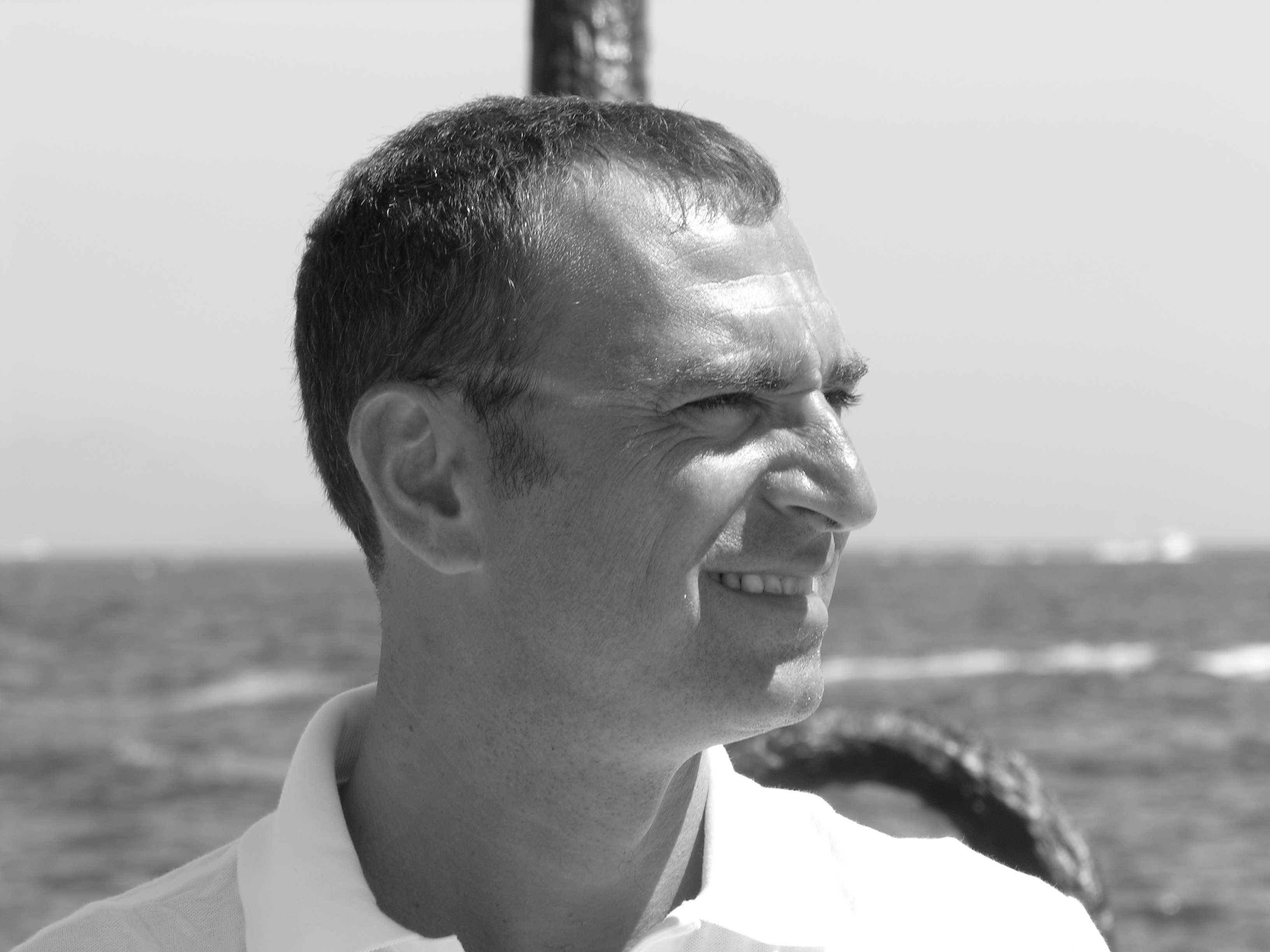
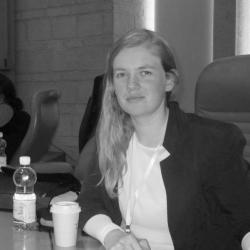 Prof. O'Clery is a Associate Professor at the
CASA (Center for Advance Spatial Anlaysis)
at University College London
where she leads a research group focused on data-driven models.
She holds a PhD in Mathematics from Imperial College London.
Her research lies at the intersection of a number of fields including urban systems,
economic complexity, economic geography, and network science.
She is the founder and Editor in Chief of Angle, an interdisciplinary journal focusing on
science, policy and politics in an
evolving and complex world. Before joining Oxford,
she was a Fulbright Scholar and Postdoctoral Research Fellow at the
Center for International Development at the
Harvard Kennedy School.
Prof. O'Clery is a Associate Professor at the
CASA (Center for Advance Spatial Anlaysis)
at University College London
where she leads a research group focused on data-driven models.
She holds a PhD in Mathematics from Imperial College London.
Her research lies at the intersection of a number of fields including urban systems,
economic complexity, economic geography, and network science.
She is the founder and Editor in Chief of Angle, an interdisciplinary journal focusing on
science, policy and politics in an
evolving and complex world. Before joining Oxford,
she was a Fulbright Scholar and Postdoctoral Research Fellow at the
Center for International Development at the
Harvard Kennedy School.
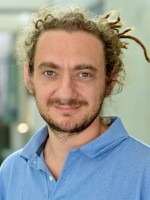
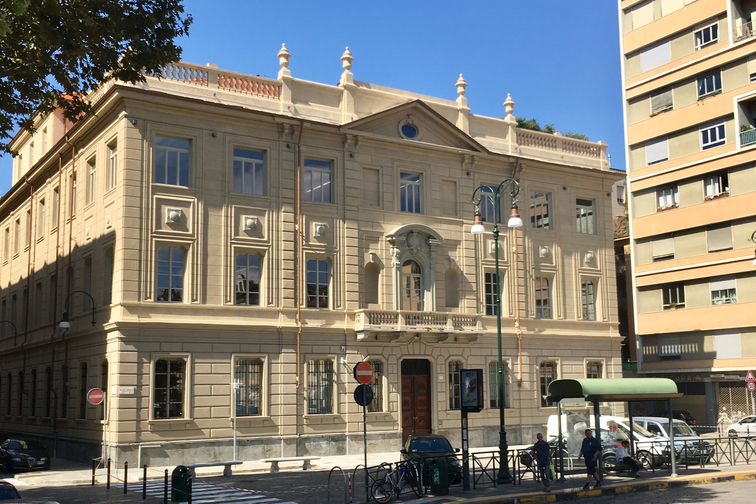
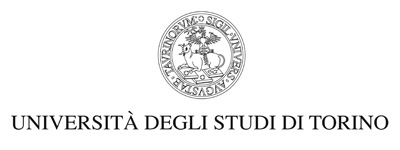
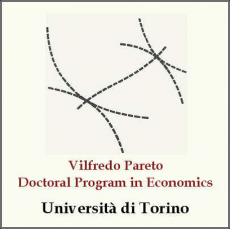


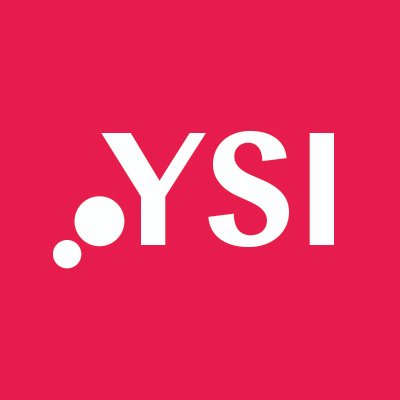
Social dinner
Aldente, Via Delle Orfane 19/G, Turin